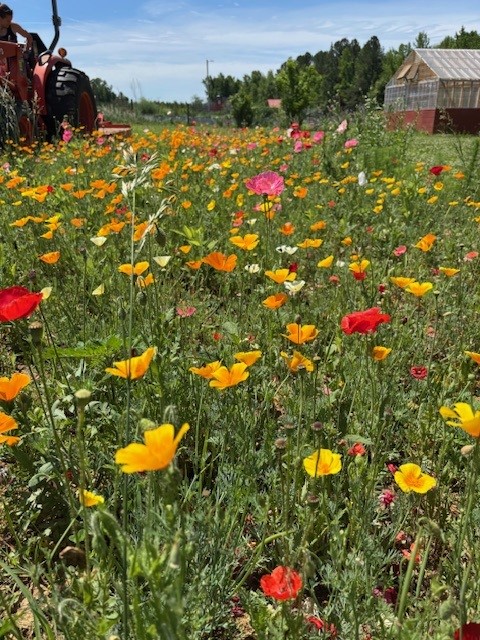‘Rediscovering the Fighting Spirit of the Early Social Workers” – an interview with Isela Gutierrez
Isela Gutierrez, MSW, is the Research and Policy Director at Democracy North Carolina. She has worked on democracy and voter engagement issues since 2011. This past summer, Isela sat down with Dr. Marie Weil, Professor Emeritus, to share her journey and experience as a macro practice social worker.

Early Advocacy Work
Isela became involved in student activism as an undergraduate at Scripps College in Southern California. She supported dining hall workers’ efforts to unionize and was involved in opposing anti-affirmative action ballot initiatives. Isela graduated with a degree in history and focused on social movements and activism in her academic work. She then spent 3.5 years at The American Civil Liberties Union (ACLU) in an administrative role where she took advantage of opportunities to learn about advocacy strategies and tactics. She was part of a drug policy reform project and describes her work at ACLU as the place she “got started.” Isela’s story about her early work points to a critical tool in becoming a professional. She was open to learning and finding ways to connect her passion to the work that was happening in her job, regardless of her role. She describes learning “bitter sweet lessons of advocacy” and realized some of the gaps and limits in the field of advocacy. In her work, Isela witnessed first-hand how “well-intentioned and lovely pieces of legislation could be perverted through implementation process.” As she began to consider what direction to go in for her masters, she deemed that social work was the right match to continue on her social justice trajectory and support her desire to help people.
The UNC Experience
During Isela’s course work at the School of Social Work, she focused on community, management and policy practice. Isela was impacted by a variety of courses that helped bring her experience from the field into the classroom. Isela says research classes and macro survey course helped her learn the difference between research geared towards understanding clinical interventions and research geared towards macro and community-based interventions. Other courses that impacted her learning included a class on volunteer engagement facilitation, which she notes would have been beneficial in her previous work. The generalist practice program helped Isela become well rounded as a social worker and proved to be beneficial in her later work. Isela’s second year field placement was with Democracy North Carolina, a small non-profit organization pushing for social change. As a student, Isela worked with Democracy NC on developing their non-profit voter engagement project and was hired to finish the work after graduation, for the November 2012 election. With her dedicated work, Isela created opportunities to stay on with Democracy NC.
Current Work
In November 2017, Isela was promoted to be the Research and Policy Director for Democracy NC. In this role, she is leading a team that is reviewing data and reports about election protection, turn-out, and the challenges voters face in North Carolina. They use the results of their research to inform policy makers and practice. Democracy NC studies democracy around the globe, using what they learn to educate the public and inform their own organizing. For community organizing, Democracy NC supports early voting advocacy training to help people understand the democratic process. They also create and distribute information and provide community members with education on law changes related to voting. They have a ‘Know Your Rights’ wallet card that tells people exactly what their rights are when they go to the polls. As an organization they also focus intensively on planning and outcome measurement.
Advice
Isela encouraged social work students and professionals to lean in on the issues that matter to them. She said, “Don’t be afraid to be scrappy and don’t be afraid to fight. It can be hard for social work as a profession to think about protests and direct action, and calling out racism and sexism, and inequality and injustice… it is uncomfortable to hold power accountable and to speak truth to power. It is nothing like the skills you are going to learn as a direct practitioner. It’s about pushing for change… embracing that legacy of conflict and struggle that is a part of our nation’s history and part of our early practice.” Isela ends by urging social work students and applicants to “rediscover that fighting spirit and pioneering spirit of the early social workers.”
